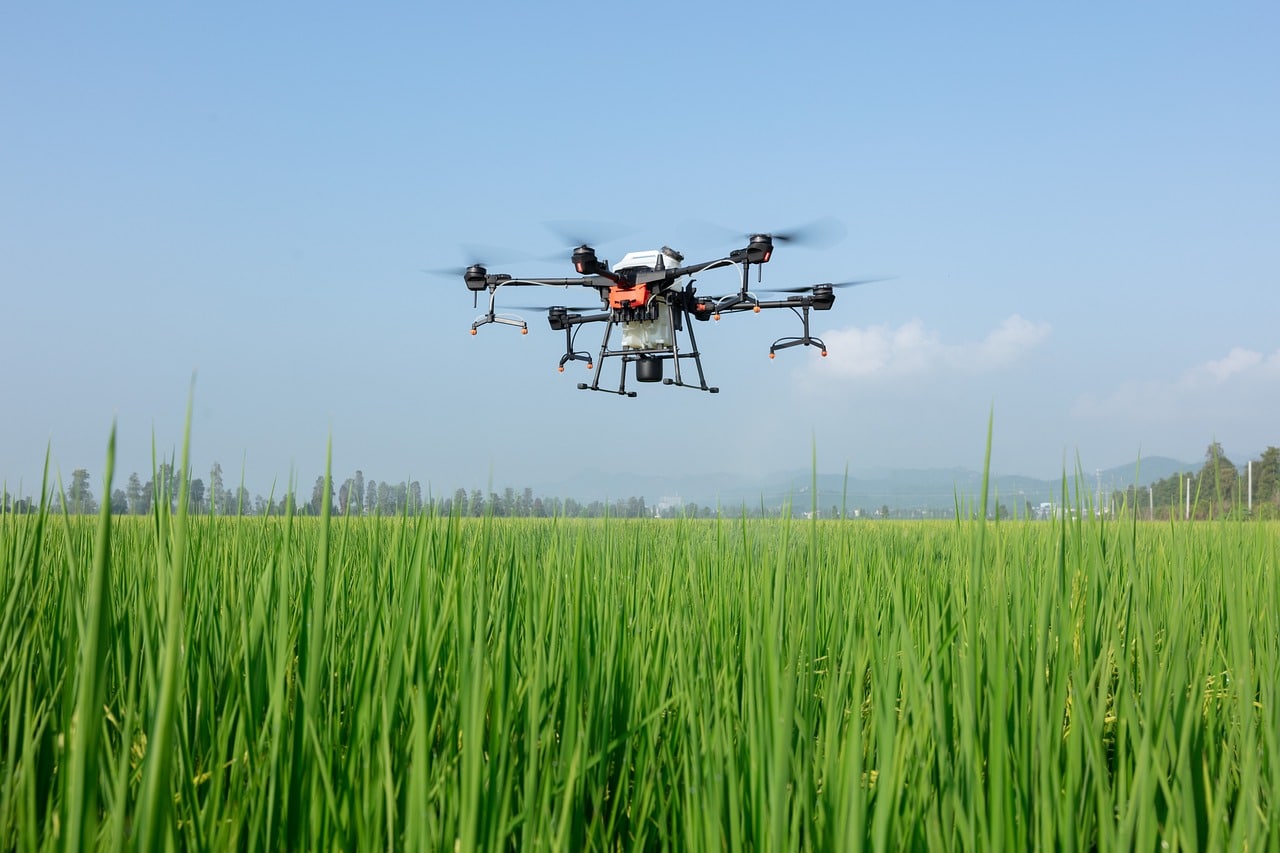Smart agriculture: using IoT to optimize crop yields

Sweating under the punishing sun, a farmer tills his land and sows his seeds with hope. Afterward, he must wait, watch, and pray that nature will favor him. Such has been the traditional approach to farming. However, a technological revolution is underway. A new era of smart agriculture is emerging, driven by the Internet of Things (IoT). It’s transforming the way farmers grow crops, manage livestock, and run their farms. The heart of this revolution revolves around data.
The Power of IoT in Agriculture
Utilizing IoT in agriculture is not just a fancy tech trend. Instead, it is a practical application of interrelated computing devices, mechanical and digital machines, objects or people that have unique identifiers.
A découvrir également : Best practices for using My Image GPT: tips for maximizing its potential and avoiding pitfalls
These IoT devices can transfer data over a network without requiring human-to-human or human-to-computer interaction. In other words, it’s a system of interconnected elements, each gathering, sending, and receiving data in real time. Agricultural IoT devices can range from soil moisture sensors to drone-based crop monitoring systems.
Now, imagine this technology deployed on a farm. Sensors installed in the soil relay real time data about moisture levels, nutrient presence, and temperature to a farmer’s smartphone or computer. Drones fly over fields to track crop health, identify pest infestations or disease outbreaks, and monitor irrigation systems. This information allows farmers to make informed decisions about when to water, fertilize, or apply pest control measures.
A lire également : How can chatbots help freelancers save time and focus on what matters ?
Precision Farming and Data Analytics
One of the most significant applications of IoT in agriculture is precision farming. This method relies on GPS and IoT technology to monitor field variations, enhancing the efficiency and productivity of farm management.
Precision agriculture takes into account the variability of conditions within a single field, allowing farmers to tailor their practices accordingly. This approach can result in significant improvements in crop yields by optimizing resource application like water and fertilizer.
Data analytics plays a crucial role in precision farming. The massive amount of data collected from IoT devices needs to be analyzed and interpreted for it to be useful. This is where machine learning and artificial intelligence come into play. These advanced technologies can sift through the mountains of data, identify patterns and trends, and provide actionable insights.
For instance, a machine learning algorithm could analyze historical crop yield data, weather patterns, and soil health indicators to predict future crop performance. This predictive analysis could guide a farmer’s planting schedule, irrigation practices, and even crop selection.
The Role of IoT in Water Management
A crucial factor in crop health and yield is water. Smart IoT solutions are also making strides in water management. IoT-based sensors can monitor soil moisture levels, helping farmers optimize watering schedules.
These devices provide real time data about the soil’s water content, indicating whether it is too dry or too saturated. This information allows farmers to adjust their irrigation practices, ensuring that crops receive just the right amount of water.
By optimizing water usage, IoT in agriculture can help reduce waste and conserve this vital resource. According to Google Scholar, studies have shown that smart irrigation systems can reduce water usage by up to 30%.
Moreover, IoT systems can also help to monitor and manage water quality. Sensors can detect the presence of harmful chemicals or pollutants in water sources, alerting farmers in real time.
Informed Decisions and Optimized Crop Yields
Information is power. By providing real time data and insights, IoT devices empower farmers to make data based decisions that can boost crop health and yields.
The use of IoT in agriculture also makes farming more efficient and sustainable. It allows for precise resource allocation, which can minimize waste and lower costs. Furthermore, by enabling the early detection of issues like pest infestations or disease outbreaks, IoT systems can help farmers take proactive measures to protect their crops.
In a world where food demand is rising and resources are dwindling, smart farming could be the key to sustainable agricultural development.
Conclusion
The dawn of smart agriculture is here. By leveraging IoT technology, farmers can optimize their practices, make informed decisions and improve crop yields. Not only does this benefit the farmers themselves, but it also contributes to global food security and sustainability. As technology continues to evolve, we can expect even more innovative and effective IoT solutions to revolutionize the world of farming. The future of farming is not just in the soil, but also in the cloud.
